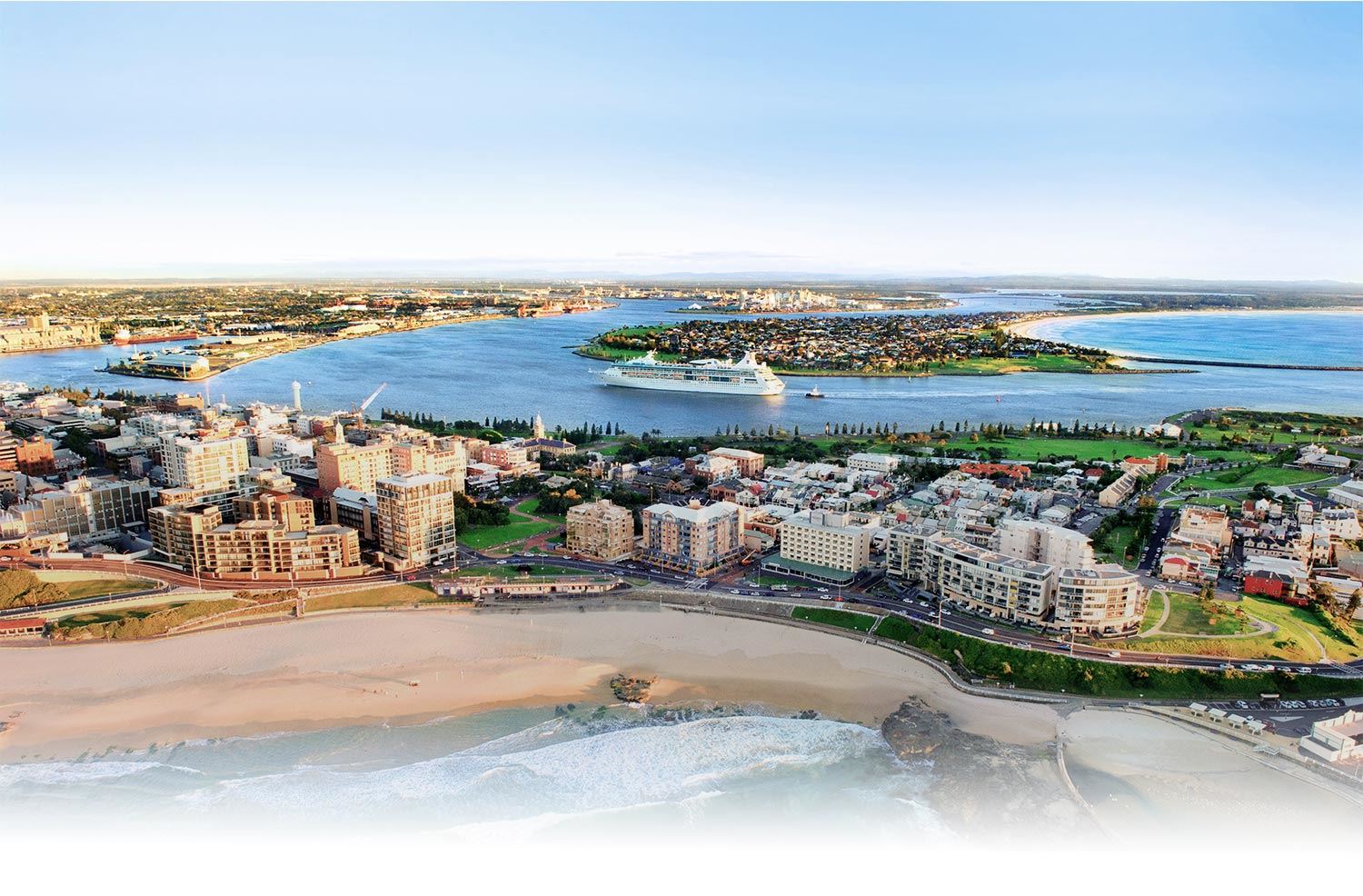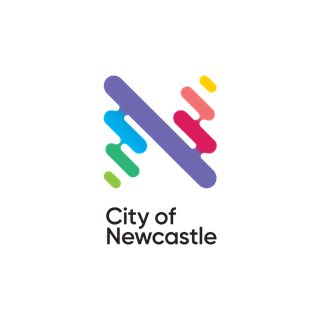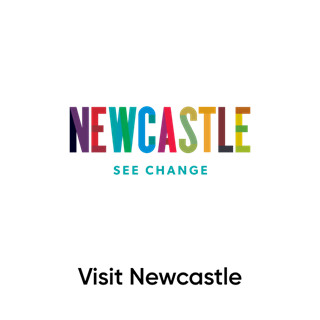
City of Newcastle 2020-21 draft budget available now
23 Mar 2020
City of Newcastle will seek the support of Councillors on Tuesday evening to place its draft 2020-21 Budget (known as the Operational Plan) on public exhibition.
The draft Budget, which was prepared before the World Health Organisation declared COVID-19 a pandemic virus, forecasts an operating surplus of $3.1 million and includes a $83 million works program.
Lord Mayor Nuatali Nelmes said staff would spend the next six weeks reshaping the draft Budget in light of COVID-19.
“We understand that every business, whether small, medium or large, is suffering enormously from the impacts of COVID-19 and will likely be affected for the foreseeable future.
“We also know that there are some small businesses locally that may not survive the immediate downturn in economic activity.
“Our role is to identify how we assist and support our community. Our 2020-21 Budget is the tool through which we will direct much of this support with regard to our bottom-line, knowing that it will be impacted as a result.”
“Council will also Tuesday night consider a proposed Community and Economic Resilience Package designed to provide immediate support to businesses and individuals impacted by COVID-19.
“Newcastle has a long history of dealing with economic adversity, which gives us the confidence to know that as a community we can get through this together. It will be challenging and have personal impact, but with community mindedness, we will come out the other side.
“We’re especially focused on social cohesion and those in our community now facing unemployment, as well as the elderly who are required to live in isolation for the next few months in order to minimise their exposure to COVID-19.
“As a Council, we must do all we can to help our City get back up,” Cr Nelmes said.
CEO Jeremy Bath said the impact on the local economy from COVID-19 is likely to linger for many years.
“Like all Councils, we have a legislative requirement to have an approved budget in place from 1 July 2020. This means we must place the draft budget on public exhibition now so that the community and Councillors have enough time to consider whether it appropriately addresses community needs.
“A revised budget will be circulated with Councillors and the community in late May which will include an increased works program, recognising that City of Newcastle can help reduce this extraordinary decline in local economic activity through bringing forward capital works to occur in 2021 and 2022.
“Staff have started quantifying the financial impact of COVID-19 on the City’s finances. In the past two weeks, we have seen the cancellation or postponement of 81 bookings and live theatre shows.
“These bookings account for $595,000 in lost income for the next three months. The financial impact for next year’s budget will of course be far, far greater.
“We are also seeing significant falls in our incomes from the reduced receipt of commercial waste at Summerhill Waste Management Centre, facility and sporting field bookings, our long-term investments and parking meters.
“The draft budget will now be boosted to help support our community through this time of crisis. The proposed 2021 works program is likely to largely remain, with most of the changes to be the inclusion of works that were intended to occur in 2022,” Mr Bath said.
The draft Budget includes a $19 million investment in key initiatives at Summerhill Waste Management Centre, including the expansion of Cell 9 for landfill and construction of the Organics Recycling Facility; $9.2 million on Urban Centre and City Centre revitalisation; and $5 million to continue the revitalisation of the city’s coastline.
Other highlights include:
· $11.8 million on road and transport infrastructure projects;
· $26.7 million to city wide services (including $2.7 million on aquatic centres, $3.2 million on recreation, parks, sporting facilities and open space as well as $19 million on waste initiatives);
· $6.7 million towards stormwater projects;
· $7 million towards environment;
· $3.5 million on Smart City projects and strategy; and
· $5.2 million towards replacing outdated fleet.
A further $3.5 million has also been set aside to combat coastal erosion in Stockton through short-to-medium-term measures permitted under the Coastal Zone Management Plan, approved by the NSW Government in August 2018.
Should the Government approve long-term measures via the Stockton Coastal Management Program, which the City will submit by 30 June 2020, Council will consider funding contributions through its quarterly budget review process, along with options for external funding.
The draft budget is available to view in full on the City’s website here.













